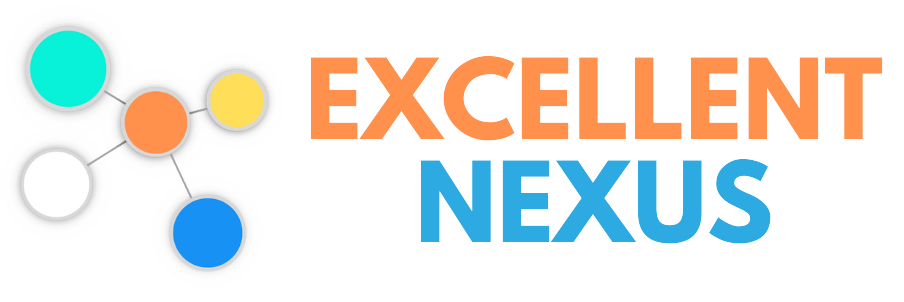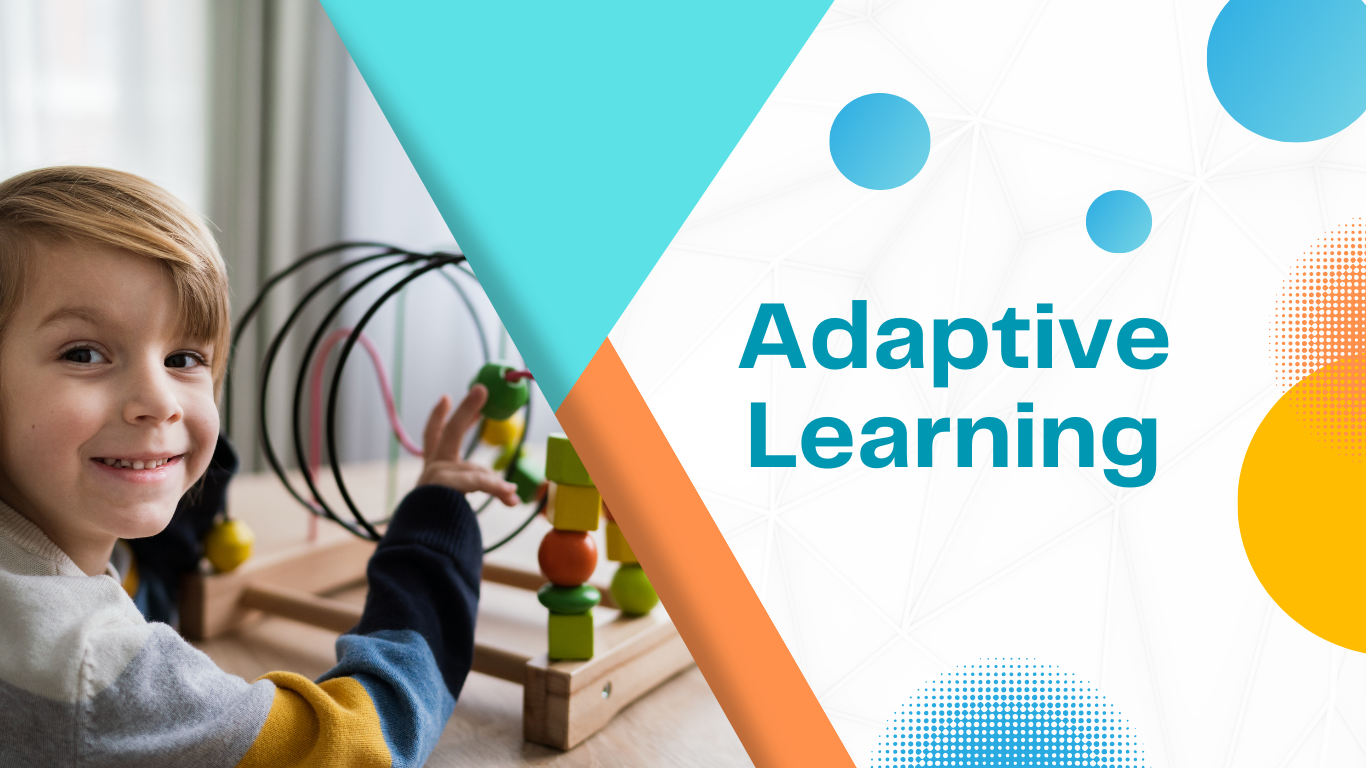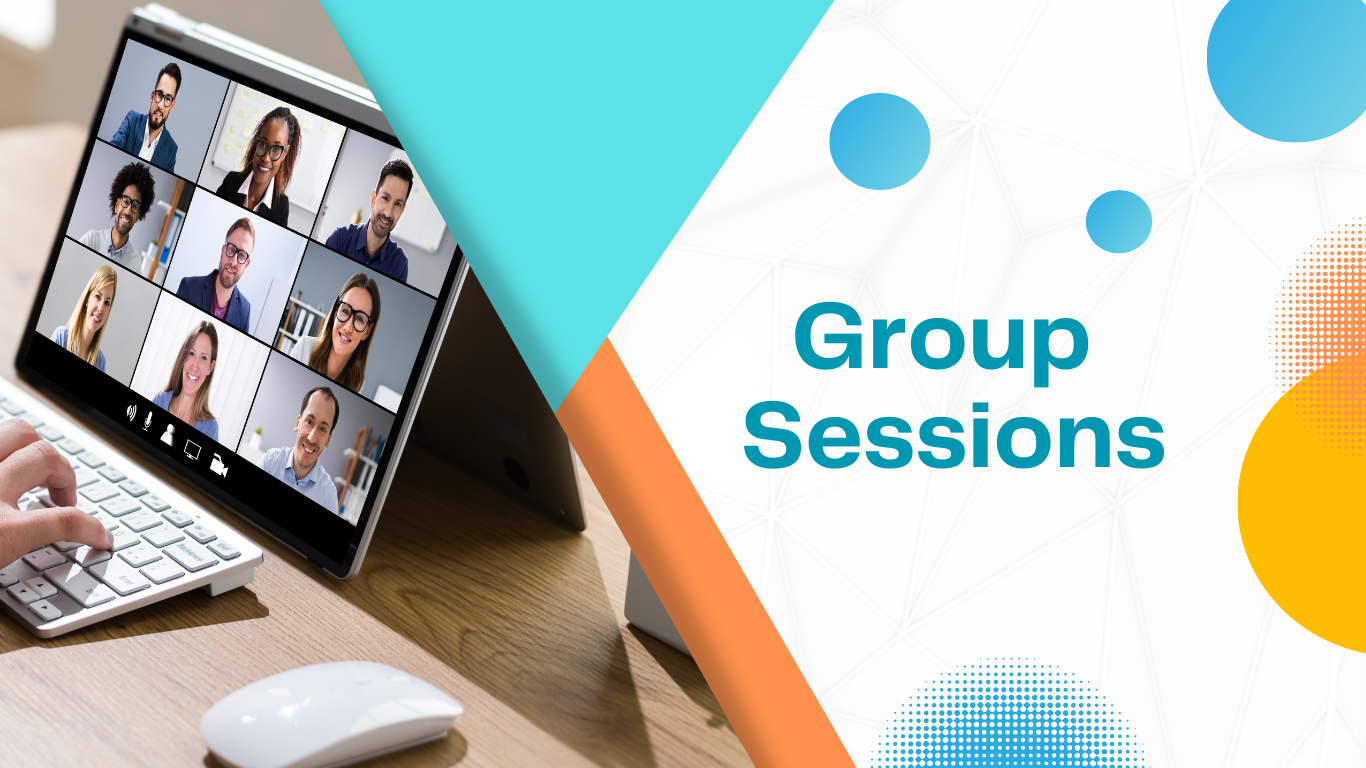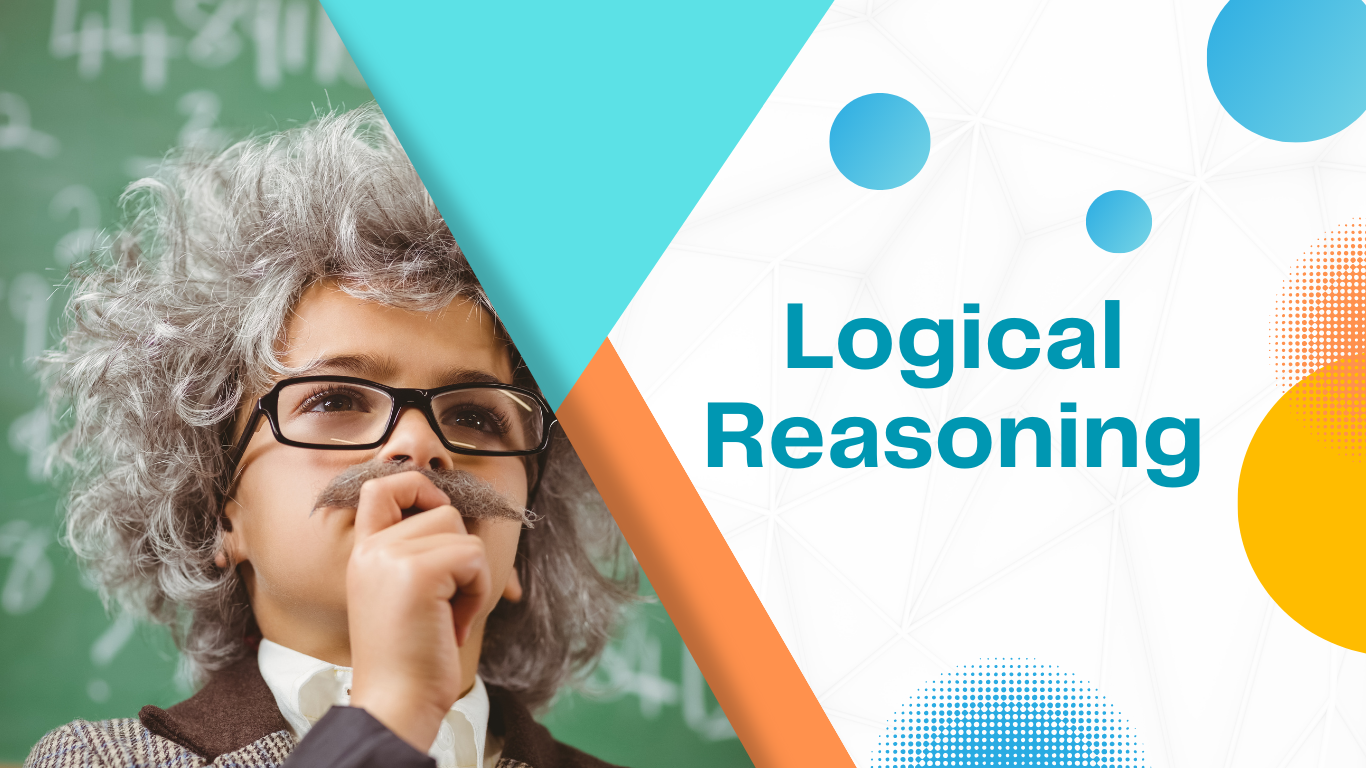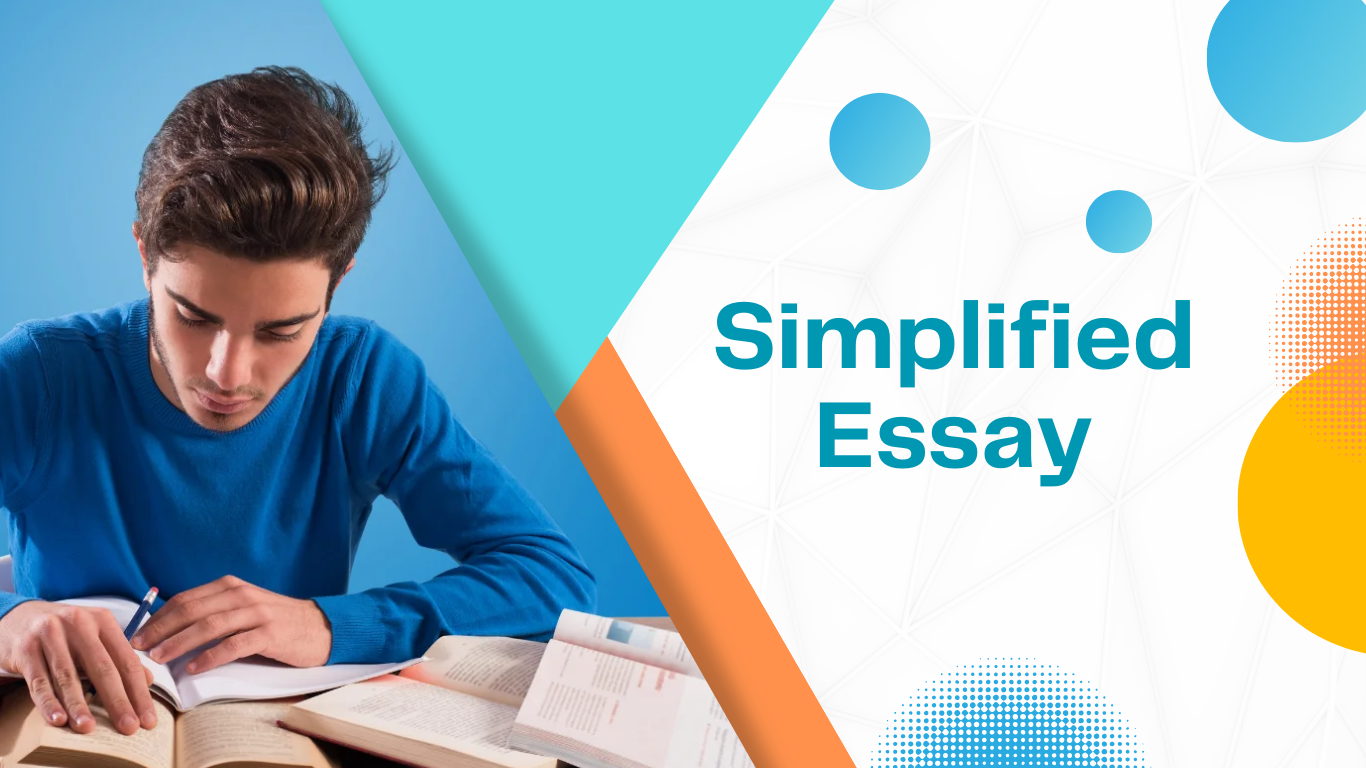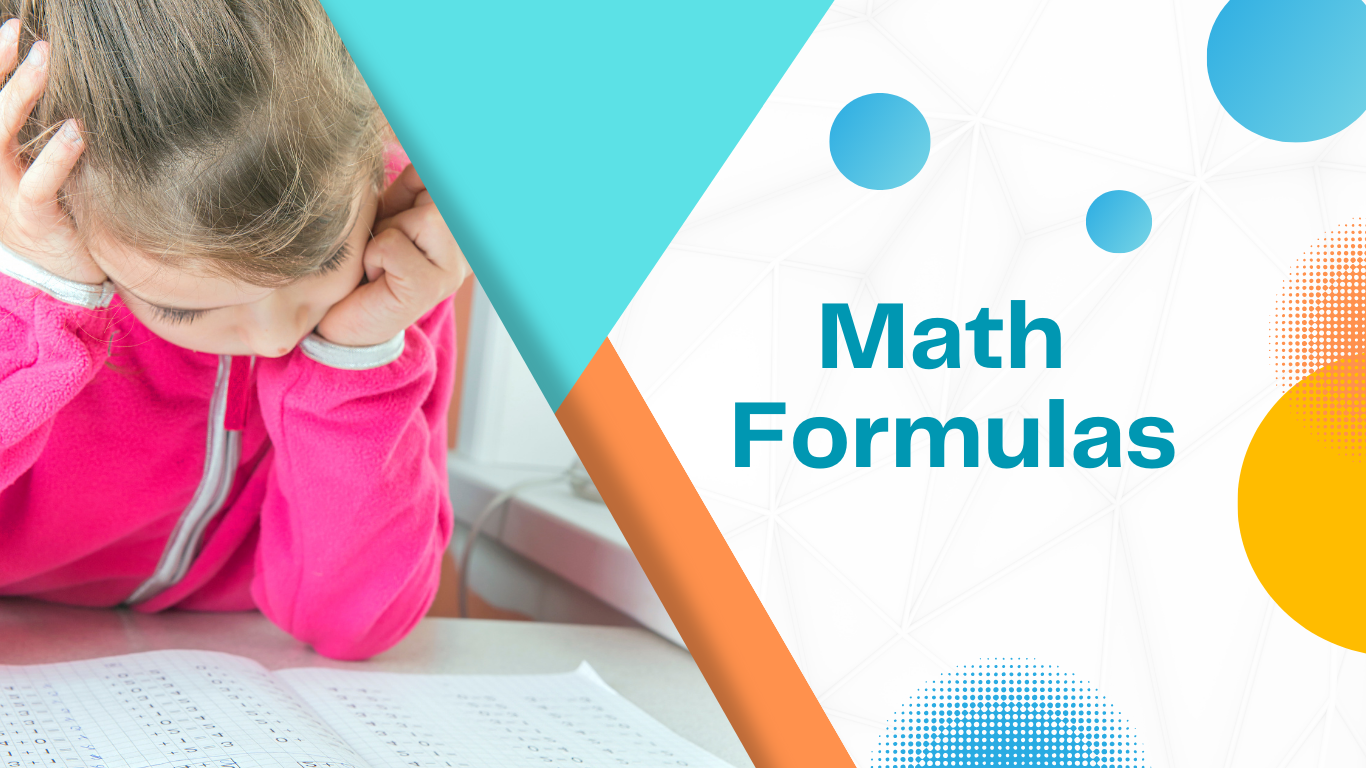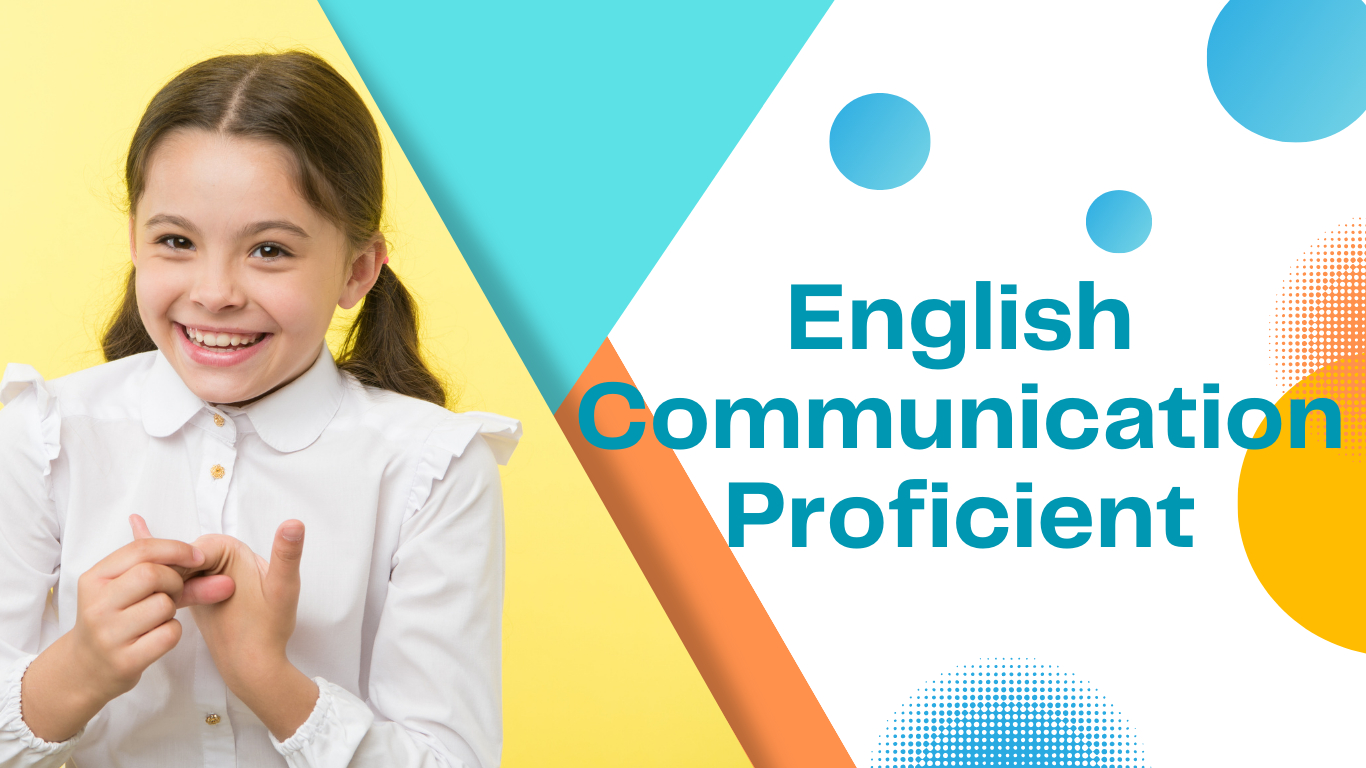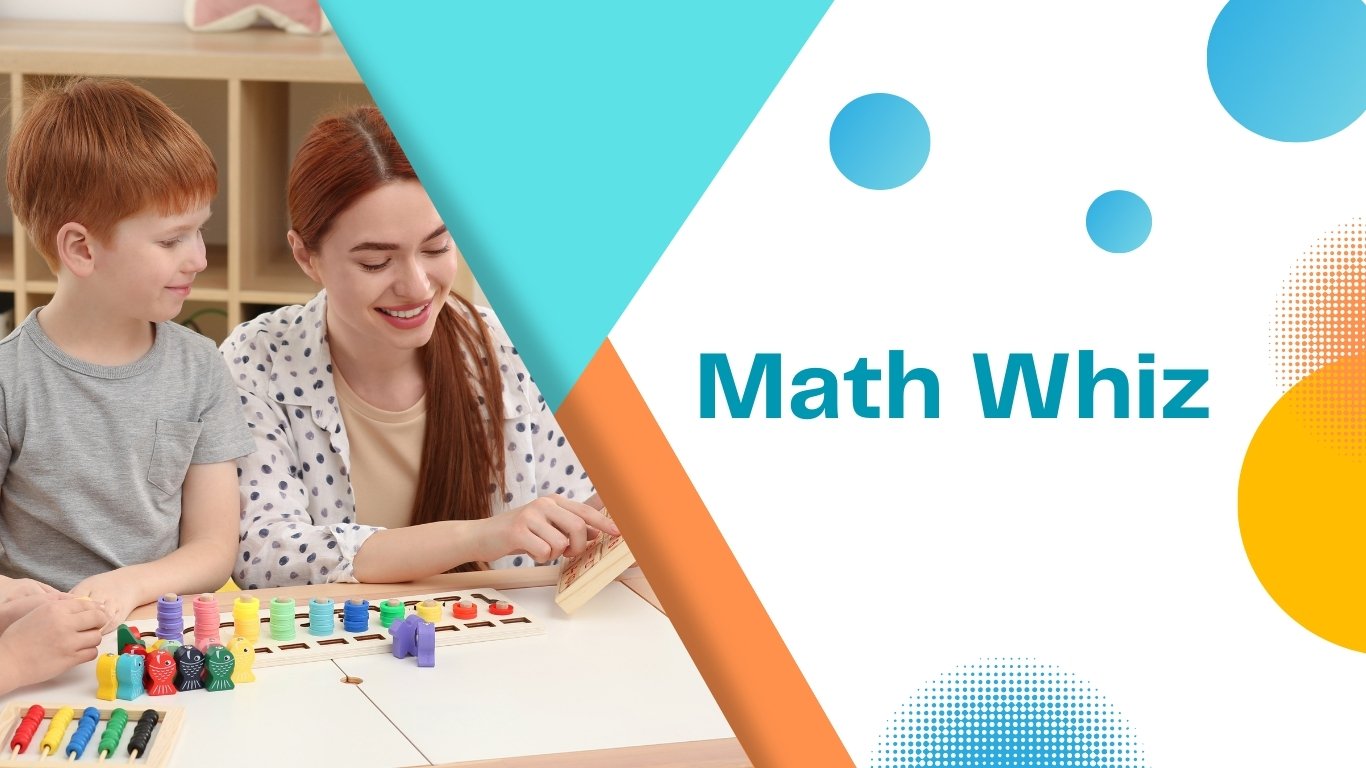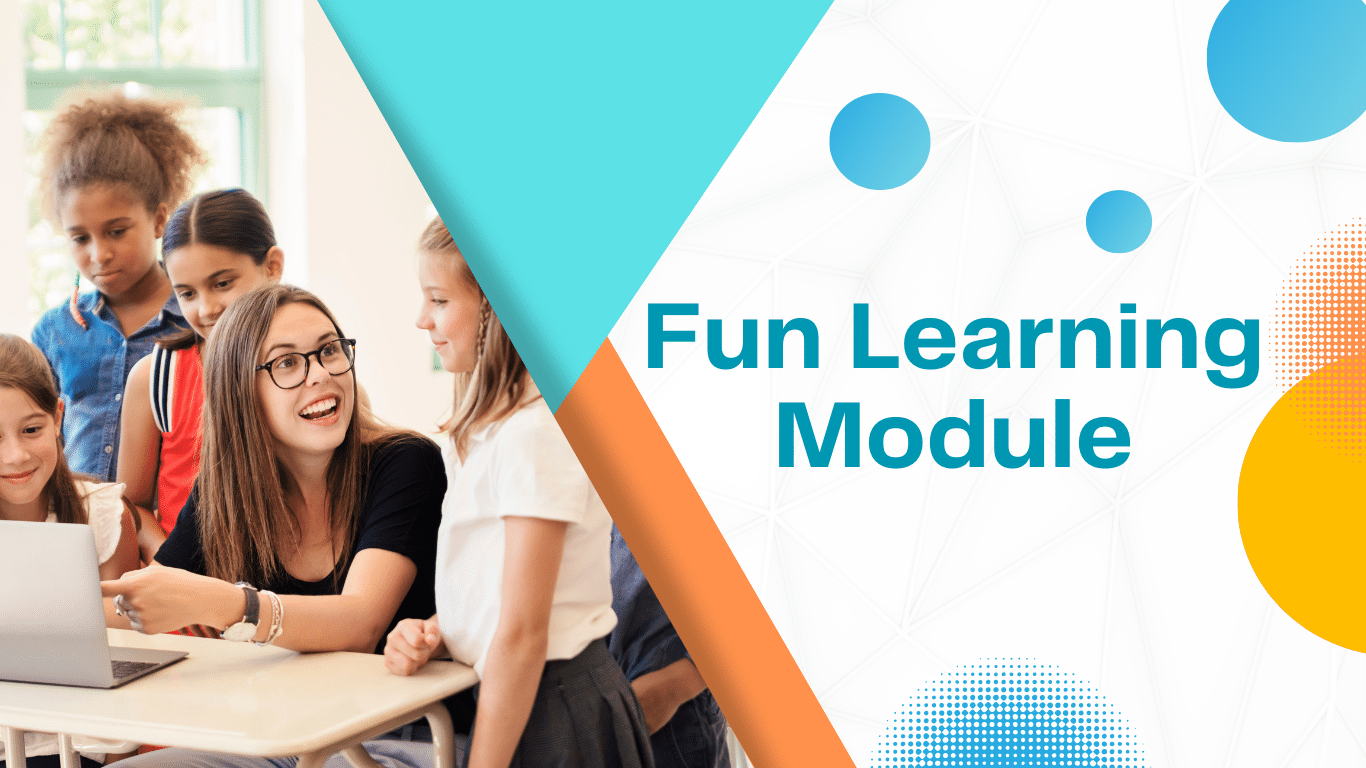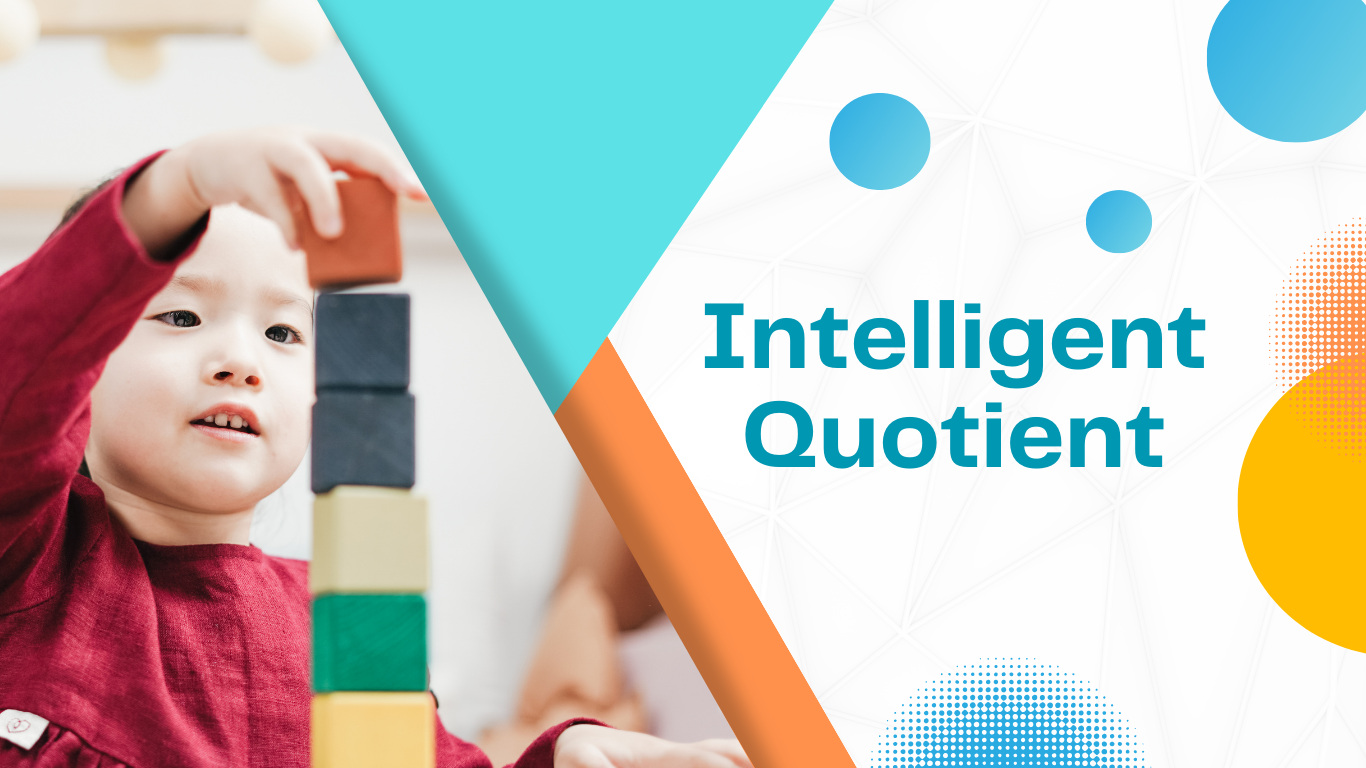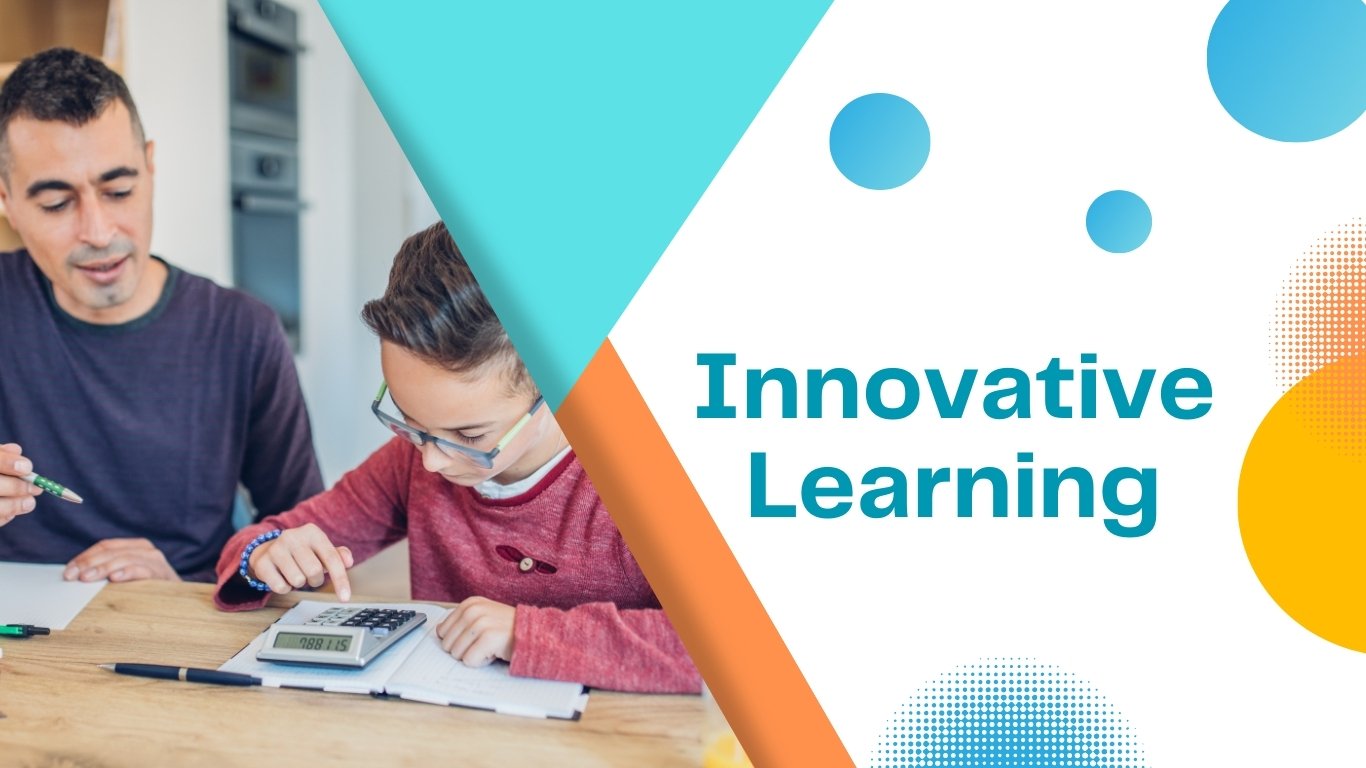
Spark Creativity in Learning, Breaking Through Boundaries
In the ever-evolving landscape of education, the concept of innovative learning has become a beacon of transformation. Traditional methods are giving way to dynamic, adaptive approaches that cater to the diverse needs of learners. In this blog post, we will explore innovative learning, its significance, key principles, and its potential for a brighter future.
Amidst rapid changes in education, innovative learning transforms teaching, learning, and the essence of education. As traditional methods fade, a new era emerges with dynamic, adaptive approaches.
In the realm of innovative learning, significance extends beyond technological advancements to a holistic reimagining of the educational experience. It encompasses a shift from rigid structures to flexible, learner-centric environments fostering curiosity, critical thinking, and creativity. This recognizes education as a dynamic journey of exploration and skill development, not just information delivery.
Key principles underlying innovative learning go beyond the superficial integration of technology. They embody a commitment to personalization, acknowledging the uniqueness of each learner and tailoring educational experiences accordingly. Celebrated as a cornerstone, collaborative learning recognizes that exchanging ideas among diverse groups cultivates a rich and vibrant learning community.
In the pursuit of a brighter educational future, innovative learning is not just an alternative; it is a necessity. Equipping students with the skills and mindset necessary for success in a world where adaptability and continuous learning are paramount. Delving into this transformative approach, educators and learners embark on a journey transcending the limitations of traditional education.
Navigating the educational landscape, exploring innovative learning guides us toward an era where education extends beyond the classroom. In addition, in the following sections, we will delve deeper into the core principles of innovative learning, unraveling its potential to revolutionize education and illuminate the path to a limitless future of learning.
In the pursuit of a brighter educational future, innovative learning is not just an alternative; it is a necessity, especially in realms like IQ test preparation.
The Significance of Innovative Learning
Innovative learning goes beyond the conventional classroom setup, embracing a holistic approach to education.
It acknowledges that each learner is unique, with different learning styles, strengths, and challenges. Leveraging technology, collaboration, and creative teaching methods, innovative learning aims to create engaging and personalized experiences for students.

Furthermore, innovative learning transcends the confines of physical spaces and rigid schedules. It Envisioning an educational landscape where learning seamlessly integrates into everyday life, unrestricted by time or location. This holistic approach encourages the integration of real-world scenarios, fostering a connection between academic concepts and practical applications. Students aren’t just recipients but active participants in their educational journey, equipped to navigate a rapidly changing world. Breaking down traditional classroom walls, innovative learning transforms education into a dynamic, continuous adventure, fostering a lifelong passion for learning.
Personalization
Personalization in education represents a paradigm shift from the traditional one-size-fits-all approach. It is a dynamic process that goes beyond recognizing student diversity; it actively adjusts learning experiences to suit individual characteristics.
Innovative learning, with its focus on personalization, leverages adaptive technologies to create a dynamic and responsive educational environment. These technologies analyze individual progress, identify learning patterns, and provide targeted content that aligns with the specific needs and interests of each student. This tailored approach not only enhances comprehension but also fosters a deeper and more meaningful engagement with the educational material.
Personalized learning plans, a cornerstone of innovative education, serve as roadmaps designed to guide students through their academic journey. These plans take into account individual strengths, weaknesses, and goals, offering a flexible framework that allows learners to navigate the educational landscape at their own pace. As students’ progress, these plans adapt, ensuring that the learning experience remains challenging yet achievable, and that each milestone reached is a testament to their personal growth.
Moreover, personalization extends beyond the curriculum to encompass various aspects of the learning process. From the choice of learning resources and assessment methods to the pace of instruction, each element is tailored to suit the preferences and aptitudes of the individual learner. This approach not only empowers students to take ownership of their education but also cultivates a sense of responsibility and self-awareness, essential attributes for lifelong learning.
In essence, personalization in innovative learning is a transformative force that recognizes the uniqueness of every learner and empowers them to thrive academically. It is a commitment to providing education that is not only effective but also deeply meaningful, fostering a love for learning that extends far beyond the classroom. As the educational landscape continues to evolve, the emphasis on personalization ensures that each student’s educational journey is not just a path to knowledge but a personal voyage of growth and discovery.
Technology Integration
The digital era has opened up new possibilities in education. Innovative learning harnesses the power of technology to provide interactive and immersive experiences, from virtual classrooms to online simulations and educational apps.
This seamless integration of technology not only enriches the learning experience but also equips students with essential digital literacy skills, preparing them for the demands of the modern workforce and instilling a sense of comfort and familiarity with the tools that will shape their future endeavors.
Moreover, technology integration in innovative learning facilitates a globalized educational landscape, connecting students across borders and cultures. Virtual collaborations and online forums not only break down geographical barriers but also expose learners to diverse perspectives, fostering a rich tapestry of knowledge that transcends traditional boundaries and prepares them for a interconnected world.
Collaborative Learning
In the dynamic landscape of innovative learning, collaborative methodologies not only break away from the isolation inherent in traditional learning but also serve as catalysts for holistic skill development. By engaging in group projects, students not only enhance their subject-specific knowledge but also refine their teamwork, communication, and problem-solving skills. This collaborative environment mimics the complexities of real-world scenarios, preparing learners not just for academic success but for the multifaceted challenges they will encounter in their future professional endeavors.
Moreover, online forums and interactive discussions play a pivotal role in fostering a sense of community among learners. These digital spaces provide platforms for intellectual exchange, allowing students to share insights, ask questions, and collectively navigate the intricacies of the learning material. The result is an environment where the synergy of diverse perspectives contributes to a deeper understanding of the subject matter, transforming the learning process into a collective journey of exploration and discovery.
Beyond academic benefits, the emphasis on collaborative learning in innovative education nurtures essential social skills. Students learn to appreciate diverse viewpoints, practice effective communication, and develop empathy, creating a foundation for a socially aware and interconnected global citizenry. As these collaborative experiences become integral to the learning journey, students not only acquire knowledge but also cultivate the interpersonal skills crucial for success in an interconnected and collaborative world.

Critical Thinking and Problem-Solving
Innovative learning recognizes that the ability to think critically and solve problems is not just a desirable skill but an essential competency in navigating the complexities of the 21st century. By shifting the focus away from rote memorization, learners are empowered to engage deeply with the subject matter. Through thought-provoking exercises, case studies, and real-world applications, students are not only equipped with a breadth of knowledge but also trained to approach challenges with analytical acumen.
Moreover, the cultivation of critical thinking skills in innovative learning extends beyond academic achievements. It nurtures a mindset that encourages curiosity, inquiry, and a willingness to question assumptions. As students grapple with open-ended problems and explore various perspectives, they develop the intellectual flexibility needed to adapt to a rapidly changing world. This emphasis on critical thinking fosters a habit of lifelong learning, preparing individuals not just for specific careers but for a continuous process of growth and adaptation.
In the innovative learning landscape, problem-solving is not seen as a solitary endeavor but as a collaborative effort that mirrors real-world challenges. Group projects and interdisciplinary activities require students to draw upon their collective knowledge and skills to devise innovative solutions. This approach not only enhances their problem-solving abilities but also instills a sense of resilience, encouraging them to embrace challenges as opportunities for growth. As students become adept at navigating complexities, they emerge not just as knowledgeable individuals but as agile thinkers ready to contribute meaningfully to the challenges and opportunities that lie ahead.
In the innovative learning landscape, problem-solving is not seen as a solitary endeavor but as a collaborative effort that mirrors real-world challenges, such as those encountered in math tutorial sessions.
Continuous Learning and Adaptability
Continuous learning and adaptability are the cornerstones of success in an era marked by rapid technological advancements and ever-evolving societal landscapes. Innovative learning recognizes that the traditional model of education, with a fixed endpoint at graduation, is no longer sufficient. Instead, it champions a mindset that perceives education as a lifelong journey, extending far beyond formal institutions. Encouraging students involves not only mastering specific subjects but also developing the skills and attitudes needed to navigate future challenges unpredictably.
In the realm of innovative learning, educators design the curriculum to instill a passion for learning, curiosity, and resilience. Students engage with various disciplines and acquire tools to adapt to emerging trends and industries. This proactive approach ensures that individuals remain agile and well-prepared for the dynamic demands of the job market, where continuous learning is a prerequisite for staying relevant.
Furthermore, the emphasis on continuous learning goes beyond acquiring new knowledge; it includes the development of meta-cognitive skills. Students are taught how to learn, unlearn, and relearn – a crucial ability in a world where the half-life of knowledge is rapidly decreasing. This focus on adaptability not only prepares individuals for diverse career paths but also fosters a mindset that embraces change as an opportunity for personal and professional growth. In the innovative learning paradigm, education becomes a lifelong companion, empowering individuals to thrive in an ever-changing and unpredictable future.
In the realm of innovative learning, the curriculum is designed to instill a passion for learning, curiosity, and the resilience to face new situations, including those encountered in advanced English tutorial and public speaking training sessions.
Professional Development for Educators
Equip educators with the skills and knowledge needed to incorporate innovative learning techniques into their teaching practices. Continuous training ensures that teachers stay abreast of the latest educational technologies and methodologies.
Flexible Curriculum Design
Develop a curriculum that allows for flexibility and adaptation. This might include project-based learning, interdisciplinary studies, and the integration of real-world scenarios into the educational experience.
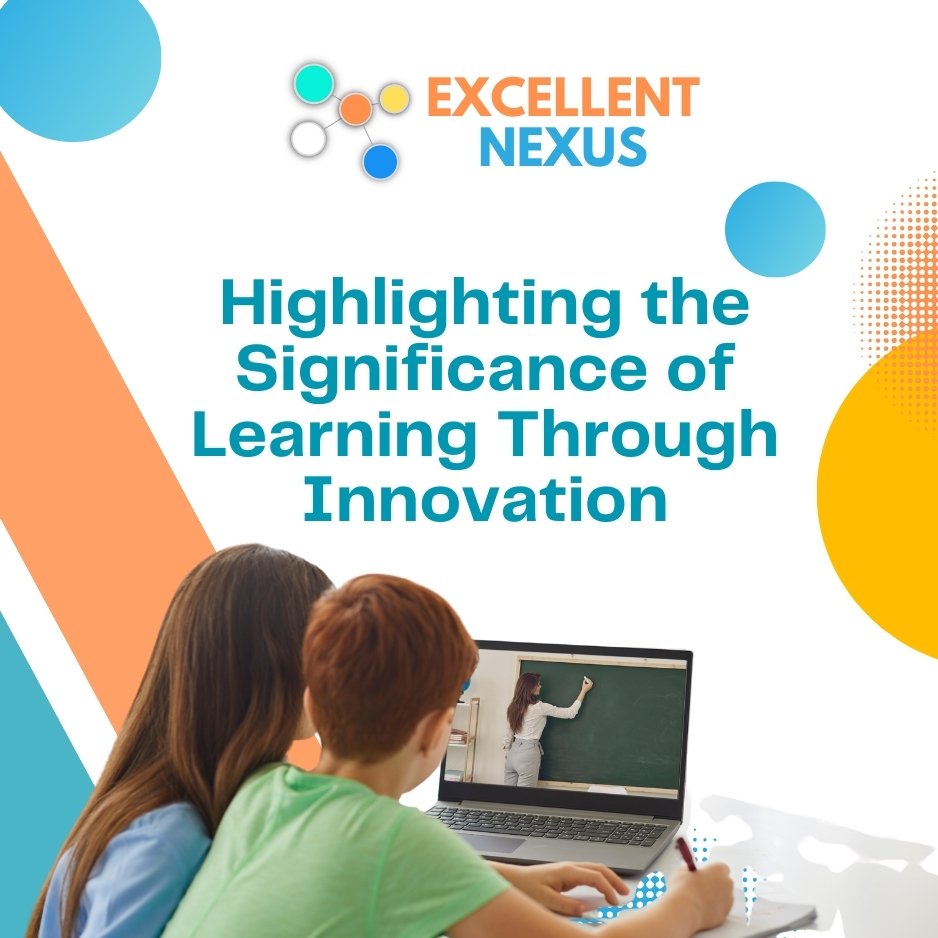
Student-Centered Approach
Toggle Content Put students at the center of the learning process. Solicit feedback, encourage self-assessment, and create opportunities for students to take ownership of their learning journey.
Hello,
Welcome to Excellent Nexus!
A thriving community of dedicated learning mentors, parents, and students! Our goal is to create an engaging online environment for all. Step into our lively learning community, where you can share insights, work together, and grow alongside fellow learners. Embark on your educational journey with Excellent Nexus today!
Let’s connect
Join us today!
Stay updated with our latest tutorials and ideas by joining our newsletter.
Blogs Stories
We are incredibly grateful for the remarkable progress our child has made with your tutoring service. The personalized attention and effective teaching methods have truly made a difference. Thank you for helping our child reach their full potential!

Katherine Macbeth
Brazil
Exceptional service! Our child’s confidence and performance in school have soared since joining your tutoring program. The tutors are not only knowledgeable but also caring and supportive. We couldn’t be happier with the results!

Wilson Miller
Canada
Five stars all around! Your tutoring service has been a game-changer for our family. Our child now enjoys learning and looks forward to their sessions. The progress they’ve made is astounding. Thank you for making such a positive impact!

Georgia Brown
Boston
Highly recommend! The tutors at this service go above and beyond to ensure our child’s success. . We’ve seen a significant improvement in our child’s grades and confidence. Thank you for your dedication

Liza Smith
Texas
Absolutely fantastic! We’ve tried other tutoring services in the past, but none compare to this one. The tutors are knowledgeable, patient, and genuinely care about our child’s academic growth. We’re thrilled with the results and couldn’t be happier with the support our child receives.

Donald Kuhlman
Lakewood

In the ever-evolving landscape of education, the concept of innovative learning has become a beacon of transformation. Traditional methods are giving way to dynamic, adaptive approaches that cater to the diverse needs of learners. In this blog post, we will delve into the realm of innovative learning, exploring its significance, key principles, and how it can pave the way for a brighter and more effective educational future.
Amidst the rapid changes in education, innovative learning stands as a beacon, not only transforming how we teach and learn but also redefining the very essence of education itself. As traditional methods gradually fade, a new era is emerging, characterized by dynamic, adaptive approaches that seamlessly cater to the diverse needs, preferences, and challenges faced by learners in the 21st century.
In the realm of innovative learning, significance is not solely confined to technological advancements but extends to a holistic reimagining of the educational experience. It encompasses a shift from the rigid structures of the past to flexible, learner-centric environments that foster curiosity, critical thinking, and creativity. This shift recognizes that education is not merely a process of information delivery but a dynamic journey of exploration and skill development.
Key principles underlying innovative learning go beyond the superficial integration of technology. They embody a commitment to personalization, acknowledging the uniqueness of each learner and tailoring educational experiences accordingly. Collaborative learning is celebrated as a cornerstone, recognizing that the exchange of ideas among diverse groups cultivates a rich and vibrant learning community.
In the pursuit of a brighter educational future, innovative learning is not just an alternative; it is a necessity. It equips students with the skills and mindset necessary for success in a world where adaptability and continuous learning are paramount. By delving into this transformative approach, educators and learners alike embark on a journey that transcends the limitations of traditional education, opening doors to a realm of possibilities that shape the leaders, thinkers, and problem-solvers of tomorrow.
As we navigate the landscape of education, this exploration into innovative learning serves as a compass, guiding us towards an era where education is not confined to the classroom but extends into a lifelong pursuit of knowledge, growth, and innovation. In the following sections, we will delve deeper into the core principles of innovative learning, unraveling its potential to revolutionize education and illuminate the path to a future where learning knows no bounds.
In the pursuit of a brighter educational future, innovative learning is not just an alternative; it is a necessity, especially in realms like IQ test preparation.
The Significance of Innovative Learning
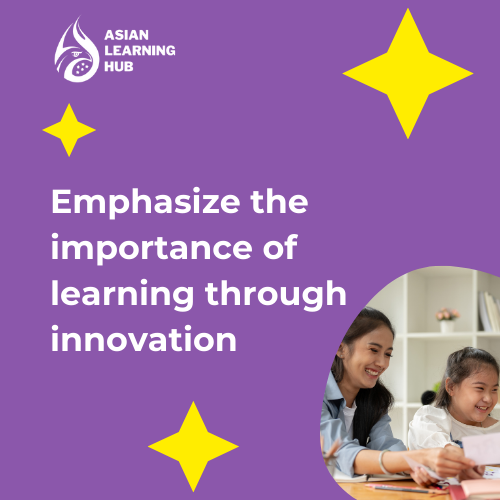
Innovative learning goes beyond the conventional classroom setup, embracing a holistic approach to education.
It acknowledges that each learner is unique, with different learning styles, strengths, and challenges. By leveraging technology, collaboration, and creative teaching methods, innovative learning aims to create an engaging and personalized learning experience for students of all ages.
Furthermore, innovative learning transcends the confines of physical spaces and rigid schedules. It envisions an educational landscape where learning is not confined to a specific timeframe or location but is seamlessly woven into the fabric of everyday life. This holistic approach encourages the integration of real-world scenarios, fostering a connection between academic concepts and practical applications. Students are not merely recipients of information but active participants in their own educational journey, equipped with the tools to navigate a rapidly changing world. By breaking down the walls of traditional classrooms, innovative learning transforms education into a dynamic, continuous adventure that extends beyond textbooks and examinations, cultivating a love for learning that lasts a lifetime.
Personalization
Personalization in education represents a paradigm shift from the traditional one-size-fits-all approach. It is a dynamic process that goes beyond recognizing the diversity of students; it actively adjusts learning experiences to suit each learner’s unique characteristics, such as their learning styles, strengths, and areas of improvement.
Innovative learning, with its focus on personalization, leverages adaptive technologies to create a dynamic and responsive educational environment. These technologies analyze individual progress, identify learning patterns, and provide targeted content that aligns with the specific needs and interests of each student. This tailored approach not only enhances comprehension but also fosters a deeper and more meaningful engagement with the educational material.
Personalized learning plans, a cornerstone of innovative education, serve as roadmaps designed to guide students through their academic journey. These plans take into account individual strengths, weaknesses, and goals, offering a flexible framework that allows learners to navigate the educational landscape at their own pace. As students progress, these plans adapt, ensuring that the learning experience remains challenging yet achievable, and that each milestone reached is a testament to their personal growth.
Moreover, personalization extends beyond the curriculum to encompass various aspects of the learning process. From the choice of learning resources and assessment methods to the pace of instruction, each element is tailored to suit the preferences and aptitudes of the individual learner. This approach not only empowers students to take ownership of their education but also cultivates a sense of responsibility and self-awareness, essential attributes for lifelong learning.
In essence, personalization in innovative learning is a transformative force that recognizes the uniqueness of every learner and empowers them to thrive academically. It is a commitment to providing education that is not only effective but also deeply meaningful, fostering a love for learning that extends far beyond the classroom. As the educational landscape continues to evolve, the emphasis on personalization ensures that each student’s educational journey is not just a path to knowledge but a personal voyage of growth and discovery.
Technology Integration
The digital era has opened up new possibilities in education. Innovative learning harnesses the power of technology to provide interactive and immersive experiences, from virtual classrooms to online simulations and educational apps.
This seamless integration of technology not only enriches the learning experience but also equips students with essential digital literacy skills, preparing them for the demands of the modern workforce and instilling a sense of comfort and familiarity with the tools that will shape their future endeavors.
Moreover, technology integration in innovative learning facilitates a globalized educational landscape, connecting students across borders and cultures. Virtual collaborations and online forums not only break down geographical barriers but also expose learners to diverse perspectives, fostering a rich tapestry of knowledge that transcends traditional boundaries and prepares them for a interconnected world.
Collaborative Learning
In the dynamic landscape of innovative learning, collaborative methodologies not only break away from the isolation inherent in traditional learning but also serve as catalysts for holistic skill development. By engaging in group projects, students not only enhance their subject-specific knowledge but also refine their teamwork, communication, and problem-solving skills. This collaborative environment mimics the complexities of real-world scenarios, preparing learners not just for academic success but for the multifaceted challenges they will encounter in their future professional endeavors.
Online forums and interactive discussions play a pivotal role in fostering a sense of community among learners. These digital spaces provide platforms for intellectual exchange, allowing students to share insights, ask questions, and collectively navigate the intricacies of the learning material. The result is an environment where the synergy of diverse perspectives contributes to a deeper understanding of the subject matter, transforming the learning process into a collective journey of exploration and discovery.
Beyond academic benefits, the emphasis on collaborative learning in innovative education nurtures essential social skills. Students learn to appreciate diverse viewpoints, practice effective communication, and develop empathy, creating a foundation for a socially aware and interconnected global citizenry. As these collaborative experiences become integral to the learning journey, students not only acquire knowledge but also cultivate the interpersonal skills crucial for success in an interconnected and collaborative world.
Critical Thinking and Problem-Solving
Innovative learning recognizes that the ability to think critically and solve problems is not just a desirable skill but an essential competency in navigating the complexities of the 21st century. By shifting the focus away from rote memorization, learners are empowered to engage deeply with the subject matter. Through thought-provoking exercises, case studies, and real-world applications, students are not only equipped with a breadth of knowledge but also trained to approach challenges with analytical acumen.
Moreover, the cultivation of critical thinking skills in innovative learning extends beyond academic achievements. It nurtures a mindset that encourages curiosity, inquiry, and a willingness to question assumptions. As students grapple with open-ended problems and explore various perspectives, they develop the intellectual flexibility needed to adapt to a rapidly changing world. This emphasis on critical thinking fosters a habit of lifelong learning, preparing individuals not just for specific careers but for a continuous process of growth and adaptation.
In the innovative learning landscape, problem-solving is not seen as a solitary endeavor but as a collaborative effort that mirrors real-world challenges. Group projects and interdisciplinary activities require students to draw upon their collective knowledge and skills to devise innovative solutions. This approach not only enhances their problem-solving abilities but also instills a sense of resilience, encouraging them to embrace challenges as opportunities for growth. As students become adept at navigating complexities, they emerge not just as knowledgeable individuals but as agile thinkers ready to contribute meaningfully to the challenges and opportunities that lie ahead.
In the innovative learning landscape, problem-solving is not seen as a solitary endeavor but as a collaborative effort that mirrors real-world challenges, such as those encountered in math tutorial sessions.
Continuous Learning and Adaptability
Continuous learning and adaptability are the cornerstones of success in an era marked by rapid technological advancements and ever-evolving societal landscapes. Innovative learning recognizes that the traditional model of education, with a fixed endpoint at graduation, is no longer sufficient. Instead, it champions a mindset that perceives education as a lifelong journey, extending far beyond formal institutions. Students are encouraged not only to master specific subjects but to develop the skills and attitudes needed to navigate the unpredictable challenges of the future.
In the realm of innovative learning, the curriculum is designed to instill a passion for learning, curiosity, and the resilience to face new situations. Students are exposed to a variety of disciplines and are equipped with the tools to adapt to emerging trends and industries. This proactive approach ensures that individuals remain agile and well-prepared for the dynamic demands of the job market, where continuous learning is a prerequisite for staying relevant.
Furthermore, the emphasis on continuous learning goes beyond acquiring new knowledge; it includes the development of meta-cognitive skills. Students are taught how to learn, unlearn, and relearn – a crucial ability in a world where the half-life of knowledge is rapidly decreasing. This focus on adaptability not only prepares individuals for diverse career paths but also fosters a mindset that embraces change as an opportunity for personal and professional growth. In the innovative learning paradigm, education becomes a lifelong companion, empowering individuals to thrive in an ever-changing and unpredictable future.
In the realm of innovative learning, the curriculum is designed to instill a passion for learning, curiosity, and the resilience to face new situations, including those encountered in advanced English tutorial and public speaking training sessions.

Equip educators with the skills and knowledge needed to incorporate innovative learning techniques into their teaching practices. Continuous training ensures that teachers stay abreast of the latest educational technologies and methodologies.
Develop a curriculum that allows for flexibility and adaptation. This might include project-based learning, interdisciplinary studies, and the integration of real-world scenarios into the educational experience.
Toggle Content Put students at the center of the learning process. Solicit feedback, encourage self-assessment, and create opportunities for students to take ownership of their learning journey.
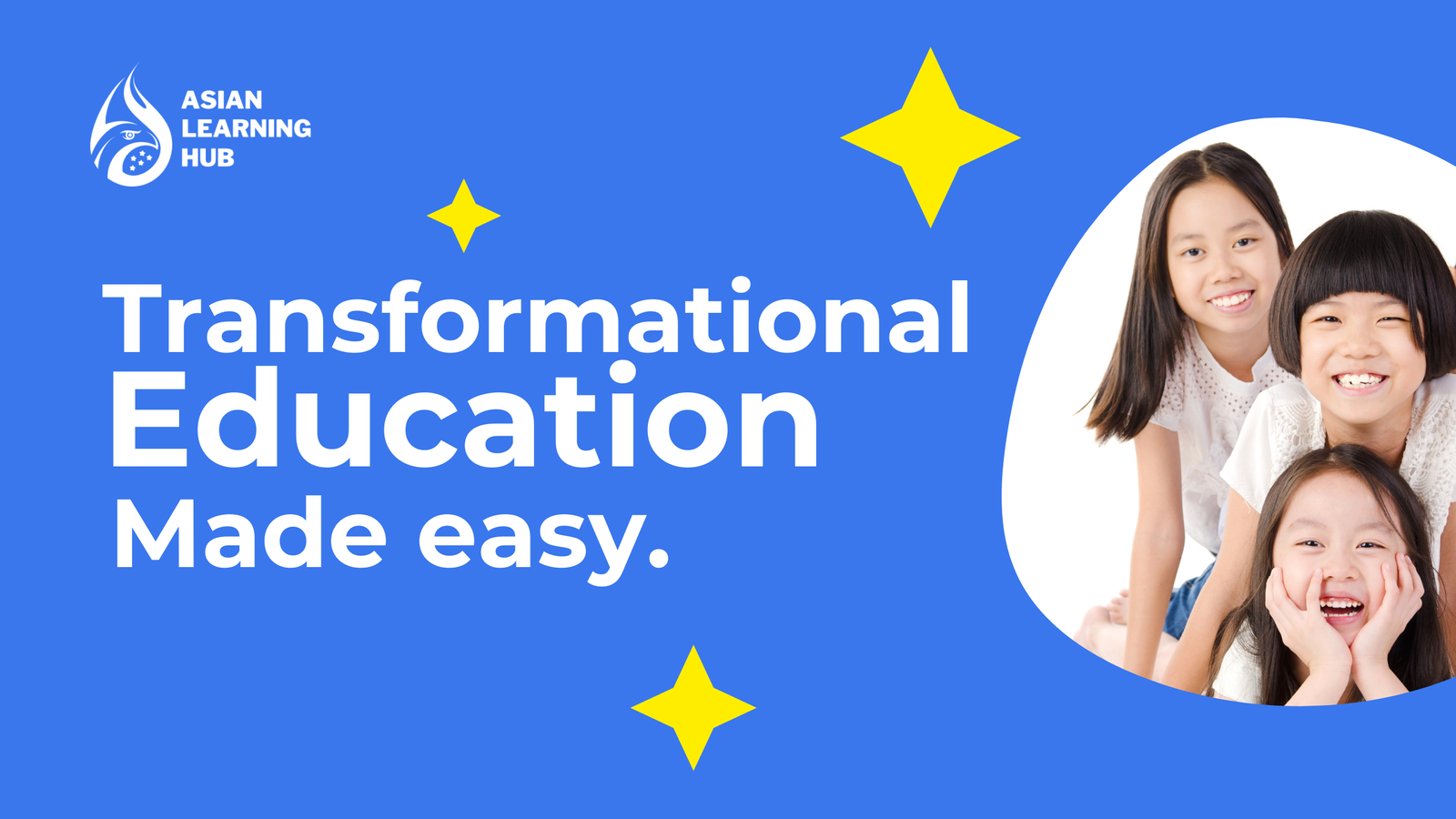
Mastering the Art of Public Speaking: Enhance Communication Skills with Our Online Tutorials Enrolling in our online tutorials offers a transformative opportunity …
Enhancing Memory Skills: Unleash Your Cognitive Potential with Our Online Tutorials Enrolling in our online tutorials not only facilitates academic learning but …
Accelerate Your Learning: Acceleration Test with Our Online Tutorials Enrolling in our online tutorials introduces you to an accelerated learning experience designed …
Achieve Academic Excellence: Boost Your Math Scores with Our Online Tutorials Enroll in our online tutorials to achieve higher math scores an …
Contact
- info@asialearninghub.com
- excellentnexus2023
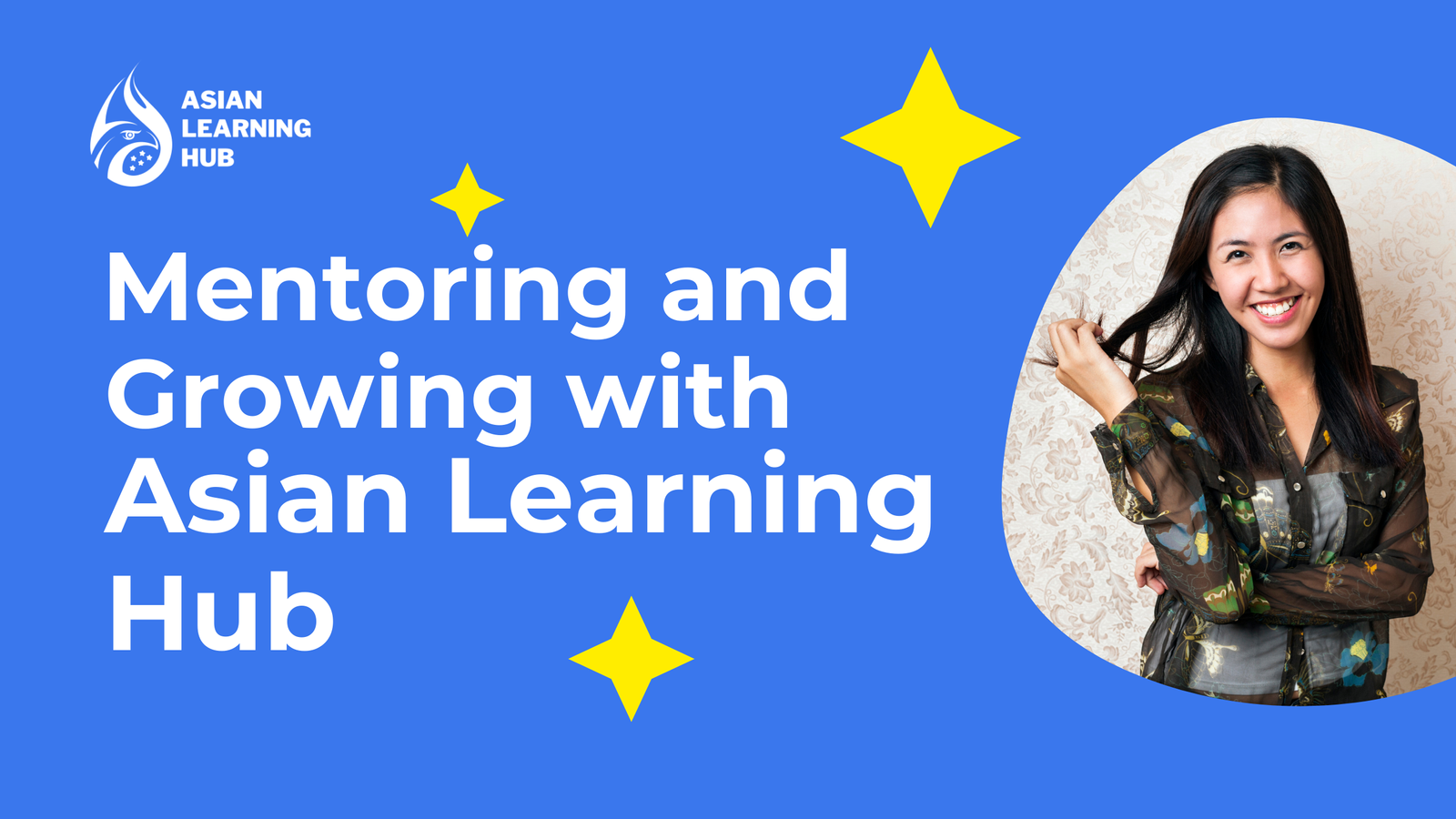

In the ever-evolving landscape of education, the concept of innovative learning has become a beacon of transformation. Traditional methods are giving way to dynamic, adaptive approaches that cater to the diverse needs of learners. In this blog post, we will delve into the realm of innovative learning, exploring its significance, key principles, and how it can pave the way for a brighter and more effective educational future.
Amidst the rapid changes in education, innovative learning stands as a beacon, not only transforming how we teach and learn but also redefining the very essence of education itself. As traditional methods gradually fade, a new era is emerging, characterized by dynamic, adaptive approaches that seamlessly cater to the diverse needs, preferences, and challenges faced by learners in the 21st century.
In the realm of innovative learning, significance is not solely confined to technological advancements but extends to a holistic reimagining of the educational experience. It encompasses a shift from the rigid structures of the past to flexible, learner-centric environments that foster curiosity, critical thinking, and creativity. This shift recognizes that education is not merely a process of information delivery but a dynamic journey of exploration and skill development.
Key principles underlying innovative learning go beyond the superficial integration of technology. They embody a commitment to personalization, acknowledging the uniqueness of each learner and tailoring educational experiences accordingly. Collaborative learning is celebrated as a cornerstone, recognizing that the exchange of ideas among diverse groups cultivates a rich and vibrant learning community.
In the pursuit of a brighter educational future, innovative learning is not just an alternative; it is a necessity. It equips students with the skills and mindset necessary for success in a world where adaptability and continuous learning are paramount. By delving into this transformative approach, educators and learners alike embark on a journey that transcends the limitations of traditional education, opening doors to a realm of possibilities that shape the leaders, thinkers, and problem-solvers of tomorrow.
As we navigate the landscape of education, this exploration into innovative learning serves as a compass, guiding us towards an era where education is not confined to the classroom but extends into a lifelong pursuit of knowledge, growth, and innovation. In the following sections, we will delve deeper into the core principles of innovative learning, unraveling its potential to revolutionize education and illuminate the path to a future where learning knows no bounds.
In the pursuit of a brighter educational future, innovative learning is not just an alternative; it is a necessity, especially in realms like IQ test preparation.
The Significance of Innovative Learning

Innovative learning goes beyond the conventional classroom setup, embracing a holistic approach to education.
It acknowledges that each learner is unique, with different learning styles, strengths, and challenges. By leveraging technology, collaboration, and creative teaching methods, innovative learning aims to create an engaging and personalized learning experience for students of all ages.
Furthermore, innovative learning transcends the confines of physical spaces and rigid schedules. It envisions an educational landscape where learning is not confined to a specific timeframe or location but is seamlessly woven into the fabric of everyday life. This holistic approach encourages the integration of real-world scenarios, fostering a connection between academic concepts and practical applications. Students are not merely recipients of information but active participants in their own educational journey, equipped with the tools to navigate a rapidly changing world. By breaking down the walls of traditional classrooms, innovative learning transforms education into a dynamic, continuous adventure that extends beyond textbooks and examinations, cultivating a love for learning that lasts a lifetime.
Personalization
Personalization in education represents a paradigm shift from the traditional one-size-fits-all approach. It is a dynamic process that goes beyond recognizing the diversity of students; it actively adjusts learning experiences to suit each learner’s unique characteristics, such as their learning styles, strengths, and areas of improvement.
Innovative learning, with its focus on personalization, leverages adaptive technologies to create a dynamic and responsive educational environment. These technologies analyze individual progress, identify learning patterns, and provide targeted content that aligns with the specific needs and interests of each student. This tailored approach not only enhances comprehension but also fosters a deeper and more meaningful engagement with the educational material.
Personalized learning plans, a cornerstone of innovative education, serve as roadmaps designed to guide students through their academic journey. These plans take into account individual strengths, weaknesses, and goals, offering a flexible framework that allows learners to navigate the educational landscape at their own pace. As students progress, these plans adapt, ensuring that the learning experience remains challenging yet achievable, and that each milestone reached is a testament to their personal growth.
Moreover, personalization extends beyond the curriculum to encompass various aspects of the learning process. From the choice of learning resources and assessment methods to the pace of instruction, each element is tailored to suit the preferences and aptitudes of the individual learner. This approach not only empowers students to take ownership of their education but also cultivates a sense of responsibility and self-awareness, essential attributes for lifelong learning.
In essence, personalization in innovative learning is a transformative force that recognizes the uniqueness of every learner and empowers them to thrive academically. It is a commitment to providing education that is not only effective but also deeply meaningful, fostering a love for learning that extends far beyond the classroom. As the educational landscape continues to evolve, the emphasis on personalization ensures that each student’s educational journey is not just a path to knowledge but a personal voyage of growth and discovery.
Technology Integration
The digital era has opened up new possibilities in education. Innovative learning harnesses the power of technology to provide interactive and immersive experiences, from virtual classrooms to online simulations and educational apps.
This seamless integration of technology not only enriches the learning experience but also equips students with essential digital literacy skills, preparing them for the demands of the modern workforce and instilling a sense of comfort and familiarity with the tools that will shape their future endeavors.
Moreover, technology integration in innovative learning facilitates a globalized educational landscape, connecting students across borders and cultures. Virtual collaborations and online forums not only break down geographical barriers but also expose learners to diverse perspectives, fostering a rich tapestry of knowledge that transcends traditional boundaries and prepares them for a interconnected world.
Collaborative Learning
In the dynamic landscape of innovative learning, collaborative methodologies not only break away from the isolation inherent in traditional learning but also serve as catalysts for holistic skill development. By engaging in group projects, students not only enhance their subject-specific knowledge but also refine their teamwork, communication, and problem-solving skills. This collaborative environment mimics the complexities of real-world scenarios, preparing learners not just for academic success but for the multifaceted challenges they will encounter in their future professional endeavors.
Online forums and interactive discussions play a pivotal role in fostering a sense of community among learners. These digital spaces provide platforms for intellectual exchange, allowing students to share insights, ask questions, and collectively navigate the intricacies of the learning material. The result is an environment where the synergy of diverse perspectives contributes to a deeper understanding of the subject matter, transforming the learning process into a collective journey of exploration and discovery.
Beyond academic benefits, the emphasis on collaborative learning in innovative education nurtures essential social skills. Students learn to appreciate diverse viewpoints, practice effective communication, and develop empathy, creating a foundation for a socially aware and interconnected global citizenry. As these collaborative experiences become integral to the learning journey, students not only acquire knowledge but also cultivate the interpersonal skills crucial for success in an interconnected and collaborative world.
Critical Thinking and Problem-Solving
Innovative learning recognizes that the ability to think critically and solve problems is not just a desirable skill but an essential competency in navigating the complexities of the 21st century. By shifting the focus away from rote memorization, learners are empowered to engage deeply with the subject matter. Through thought-provoking exercises, case studies, and real-world applications, students are not only equipped with a breadth of knowledge but also trained to approach challenges with analytical acumen.
Moreover, the cultivation of critical thinking skills in innovative learning extends beyond academic achievements. It nurtures a mindset that encourages curiosity, inquiry, and a willingness to question assumptions. As students grapple with open-ended problems and explore various perspectives, they develop the intellectual flexibility needed to adapt to a rapidly changing world. This emphasis on critical thinking fosters a habit of lifelong learning, preparing individuals not just for specific careers but for a continuous process of growth and adaptation.
In the innovative learning landscape, problem-solving is not seen as a solitary endeavor but as a collaborative effort that mirrors real-world challenges. Group projects and interdisciplinary activities require students to draw upon their collective knowledge and skills to devise innovative solutions. This approach not only enhances their problem-solving abilities but also instills a sense of resilience, encouraging them to embrace challenges as opportunities for growth. As students become adept at navigating complexities, they emerge not just as knowledgeable individuals but as agile thinkers ready to contribute meaningfully to the challenges and opportunities that lie ahead.
In the innovative learning landscape, problem-solving is not seen as a solitary endeavor but as a collaborative effort that mirrors real-world challenges, such as those encountered in math tutorial sessions.
Continuous Learning and Adaptability
Continuous learning and adaptability are the cornerstones of success in an era marked by rapid technological advancements and ever-evolving societal landscapes. Innovative learning recognizes that the traditional model of education, with a fixed endpoint at graduation, is no longer sufficient. Instead, it champions a mindset that perceives education as a lifelong journey, extending far beyond formal institutions. Students are encouraged not only to master specific subjects but to develop the skills and attitudes needed to navigate the unpredictable challenges of the future.
In the realm of innovative learning, the curriculum is designed to instill a passion for learning, curiosity, and the resilience to face new situations. Students are exposed to a variety of disciplines and are equipped with the tools to adapt to emerging trends and industries. This proactive approach ensures that individuals remain agile and well-prepared for the dynamic demands of the job market, where continuous learning is a prerequisite for staying relevant.
Furthermore, the emphasis on continuous learning goes beyond acquiring new knowledge; it includes the development of meta-cognitive skills. Students are taught how to learn, unlearn, and relearn – a crucial ability in a world where the half-life of knowledge is rapidly decreasing. This focus on adaptability not only prepares individuals for diverse career paths but also fosters a mindset that embraces change as an opportunity for personal and professional growth. In the innovative learning paradigm, education becomes a lifelong companion, empowering individuals to thrive in an ever-changing and unpredictable future.
In the realm of innovative learning, the curriculum is designed to instill a passion for learning, curiosity, and the resilience to face new situations, including those encountered in advanced English tutorial and public speaking training sessions.

Equip educators with the skills and knowledge needed to incorporate innovative learning techniques into their teaching practices. Continuous training ensures that teachers stay abreast of the latest educational technologies and methodologies.
Develop a curriculum that allows for flexibility and adaptation. This might include project-based learning, interdisciplinary studies, and the integration of real-world scenarios into the educational experience.
Toggle Content Put students at the center of the learning process. Solicit feedback, encourage self-assessment, and create opportunities for students to take ownership of their learning journey.

Mastering the Art of Public Speaking: Enhance Communication Skills with Our Online Tutorials Enrolling in our online tutorials offers a transformative opportunity …
Enhancing Memory Skills: Unleash Your Cognitive Potential with Our Online Tutorials Enrolling in our online tutorials not only facilitates academic learning but …
Accelerate Your Learning: Acceleration Test with Our Online Tutorials Enrolling in our online tutorials introduces you to an accelerated learning experience designed …
Achieve Academic Excellence: Boost Your Math Scores with Our Online Tutorials Enroll in our online tutorials to achieve higher math scores an …
Contact
- info@asialearninghub.com
- excellentnexus2023

Mastering the Art of Public Speaking: Enhance Communication Skills with Our Online Tutorials Enrolling in our online tutorials offers a transformative opportunity …
Enhancing Memory Skills: Unleash Your Cognitive Potential with Our Online Tutorials Enrolling in our online tutorials not only facilitates academic learning but …
Accelerate Your Learning: Acceleration Test with Our Online Tutorials Enrolling in our online tutorials introduces you to an accelerated learning experience designed …
Achieve Academic Excellence: Boost Your Math Scores with Our Online Tutorials Enroll in our online tutorials to achieve higher math scores an …
Mastering Mathematics: A Journey with Our Online Tutorials Enrolling in our online tutorials is just the beginning of a transformative journey toward …
Unlocking the Power of Logical Reasoning: An Essay on Enrolling in Our Online Tutorials In an era defined by rapid change and …
Transformative Learning: Enriching Your Journey with Our Online Tutorials Online tutorials have revolutionized learning, providing accessible and flexible avenues for knowledge acquisition …
Mastering Mathematics: Unlocking Essential Formulas in Our Online Tutorials In our online tutorials, we understand that mathematics can be a challenging subject …
Personalized Progress: Adaptive Learning in Our Online Tutorials At our online tutorials, we understand that every learner is unique, with individual strengths, …
Enhancing Learning Through Group Sessions in Our Online Tutorials In our online tutorials, we recognize the power of collaborative learning experiences, and …
Unlocking Fun Learning: Exploring Engaging Modules in Our Online Tutorials In today’s swiftly evolving educational landscape, dynamic, interactive online tutorials, including our …
Empowering Confidence Through Online Tutorials: A Pathway to Success In today’s fast-paced world, continuous learning has become essential for personal and professional …
Unleash your Potential with a Highly Intelligent Qoutient Originating in the early 20th century, the concept of Intelligence Quotient (IQ) was introduced …
Conquer Effortlessly with Mathematical Mastery Mathematics can be a daunting subject for many, but it doesn’t have to be. With the right …
Mastering the Art of Effective Communication in Englsih Mastering English communication is a crucial asset in today’s globalized society, offering a gateway …
Spark Creativity in Learning, Breaking Through Boundaries In the ever-evolving landscape of education, the concept of innovative learning has become a beacon …
